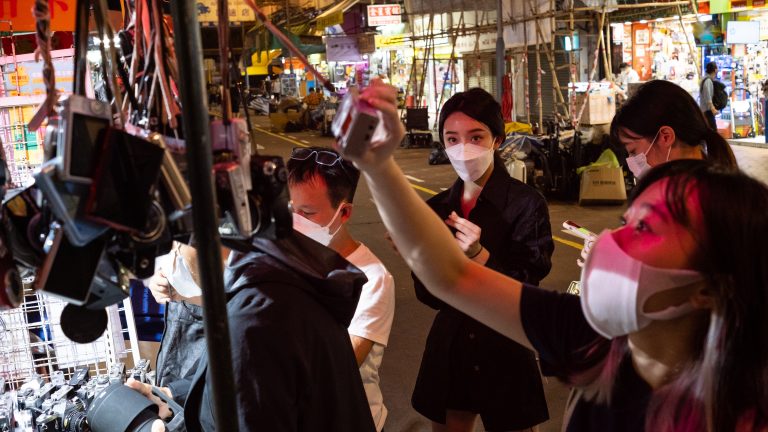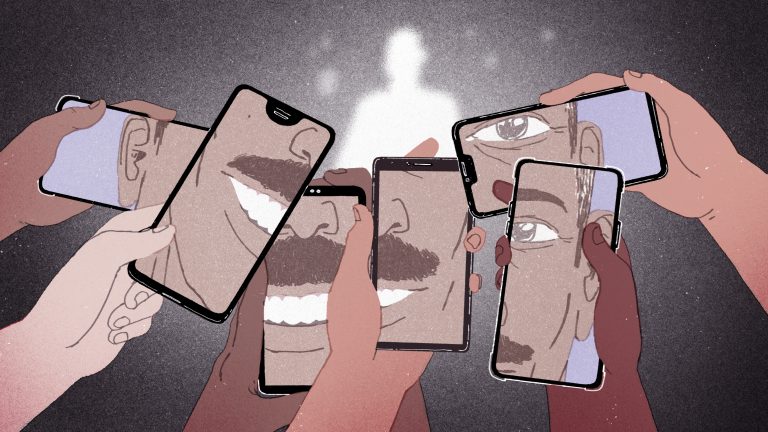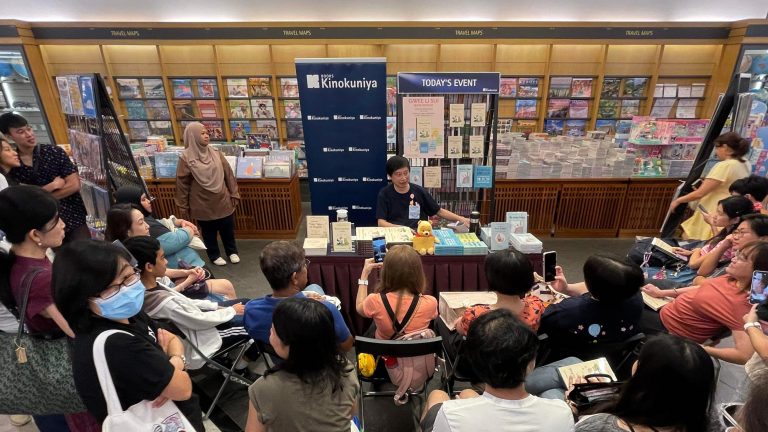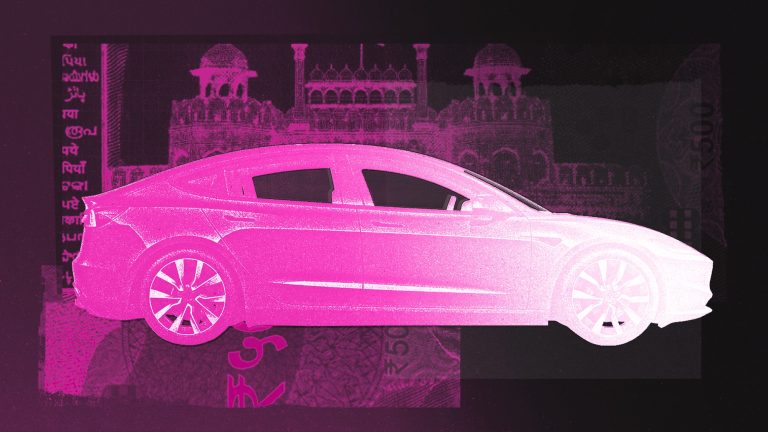In the working-class district of Sham Shui Po, surrounded by the hissing steam of fishball stalls and noodle shops, is Hong Kong’s labyrinthine Golden Computer Center and Arcade. Dozens of shops crammed across four floors make up Hong Kong’s most popular offline electronic marketplace. For more than three decades, merchants here have supplied the city with games and gadgets before release, infamously bypassing official channels to sell them to eager consumers.
Cheng Kwok-wai, a 55-year-old salesman known among the customers as “CK,” came to work at the mall in the mid-1980s as a computer salesman, and ended up running a gaming store to meet the voracious appetite from students. Before Golden was the place for early-access goods, it was a hive of cut-price counterfeits: Cheng began by selling pirated games for the Nintendo Famicom, the Japanese counterpart to the NES, and for other popular systems of the time, like Sharp’s X68000.
While the consoles themselves were mostly legitimate, fake games were sold openly for years, produced locally or imported from Taiwan. But under pressure from global tech companies, a wave of crackdowns by authorities — beginning in the late 1990s — drove them from storefronts. Then they were hidden below the counter. Finally, they were eliminated entirely.
Merchants like Cheng moved with the tide, shifting to sell authentic games for Sony’s PlayStation consoles and later, the Nintendo Wii and Switch. “I play some games myself,” Cheng, a seasoned, chatty businessman, told Rest of World. His name card bears the design of the ancient Nintendo Game & Watch, sold for about a decade through the 1980s. “You wouldn’t start doing this if you never played.”
When the Golden building was first constructed in the 1970s, the shopping center on the ground floor was mostly occupied by clothing shops, cosmetic stores, and even hair salons. By the early 1980s, merchants of counterfeit Apple II computers, mostly made in Taiwan and sold at less than a third of the original price, began setting up shop.
Stores offering pirated software and gaming consoles followed. Fuelled by their success, the entire mall grew to become occupied by these merchants of illicit tech. In the boom years of the early 2000s, store owner Fong Kwan-yin tells Rest of World, Golden was so crammed with customers that they had to be pushed to leave at closing time. “We had no time to rest,” she said.
Raymond Wong, the 58-year-old owner of repair shop Computer Hospital, first started working at the mall in 1983, soon opening a business selling knockoff Apple II and IBM computers. “The most attractive thing about computers was gaming,” he recalled to Rest of World. “Everyone wanted to get one and play Pac-Man at home.”
Speaking to Rest of World, vendors say the rise of e-commerce, Hong Kong’s recent economic recession, and a wave of migration out of the country have hit traffic at the mall. Wong’s repair shop, the Computer Hospital, has seen fewer customers — new models are released so frequently that people tend to trade up to new devices when their old ones wear out. And Cheng says his customer base is aging, as younger generations increasingly turn to mobile games bought online.














